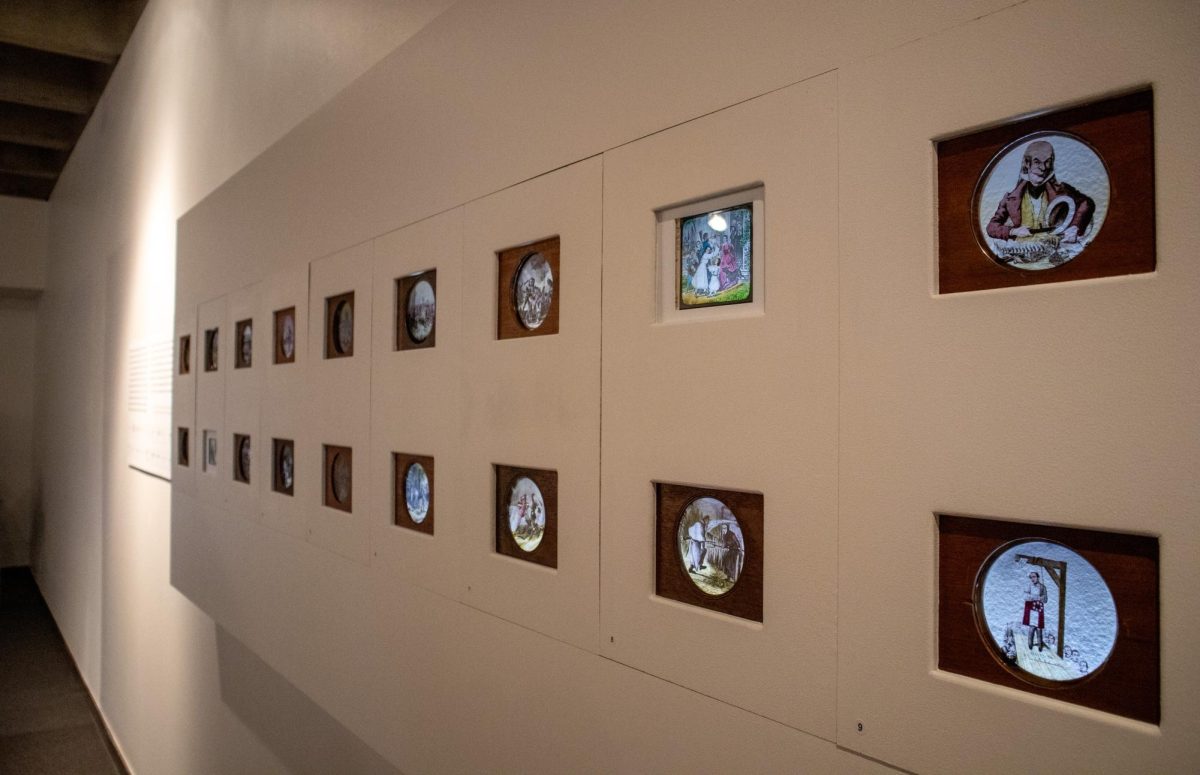Story by Katie Ericson
As the millennial group, we are the generation of technology and social media.
These sites are a big deal for us. Every day in class, every meal of the day and every walk across campus finds people on their phones and computers checking Facebook and Twitter. They are our constant companions.
But what is OK to put on these websites?
People have always posted some awkward things — the many bitter break-up tweets and whiny, “I’m bored,” statuses — but lately things have been even more controversial than usual.
With funeral selfies, political rants and sexual pictures or posts popping up all over the sites, people seem to be pushing the boundaries of what is private and public, what offends and what is OK.
The newest issue is swearing. All sorts of posts have swearing in them. Not the partially bleeped-out ones with hashtags and exclamation marks but the full, spelled-out words.
There is no restriction on Facebook or Twitter forbidding this, but it has caused people to take sides on what is right to put on public pages and what should be left for private conversations.
Some people believe it is not a good idea to post profanities on their Facebook of Twitter accounts. They argue that it can offend others and is unnecessarily crude.
“It’s just not cool, but at the same time, I do it all the time,” said sophomore Jeff Mooney.
Students have more and more vehement things to say that can only be expressed through swearing.
The words certainly have an impact that is difficult to find in other terms, but that is not necessarily what people find wrong with the matter.
Often, the biggest problem people have is with the image swearing-filled statuses send to younger Facebook and Twitter users.
It used to be only teenagers and college students who were on social media, but now the age range is widening.
Senior Judy Lee agrees that you should be careful what you post and who can see it.
“It’s your choice, but you should take into consideration who you’re friends with,” Lee said.
If your little cousins or kids you have babysat are on your friends list, you might want to consider backing off on the profanities.
Another issue with swearing on the rise is professionalism.
Lately, it has become common for companies to look at candidates’ Facebook pages, blogs or Twitter accounts before considering hiring them.
If you have a page full of obscenities and inappropriate material, that could turn away potential bosses.
Eric Saylor, a music professor at Drake University, said he is not offended by swearing, but it should have a purpose.
“It depends on how it’s done,” he said. “Random swears that don’t seem to accomplish anything, I’m not a big fan of them, but a well-placed swear can be quite effective.”
Facebook and Twitter are free sites. They do not charge for admission and as long as they avoid doing this, they will not be able to forbid anyone from posting profane comments.
Ultimately, it is up to the user to decide whether he or she feels all right with the post or not.
“Hey, freedom of speech, right?” Lee said.






